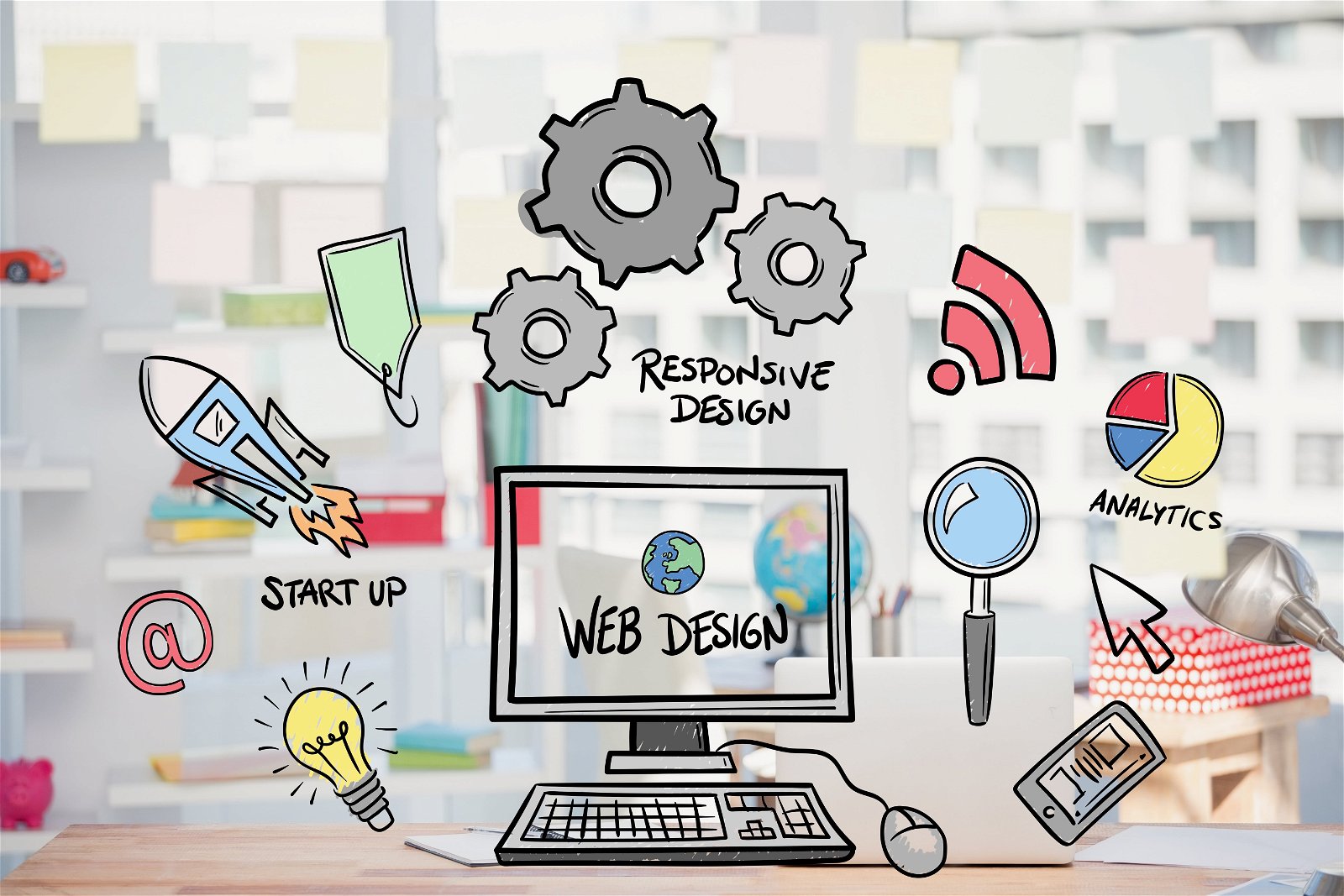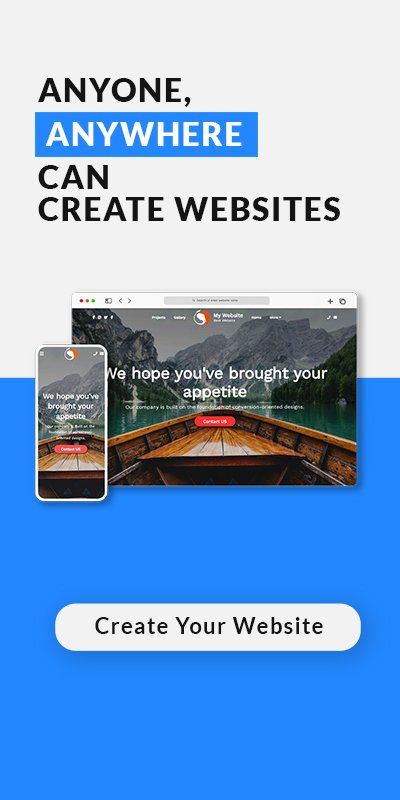Any form of marketing that makes use of electronic devices that marketing professionals can utilize to deliver promotional messaging and track its success along the customer journey.
Digital marketing, in practice, refers to marketing initiatives that display on a computer, phone, tablet, or another device. Online video, display adverts, and search engine marketing are just a few examples.
Traditional marketing tactics such as magazine advertisements, billboards, and direct mail are frequently contrasted with digital marketing. Surprisingly, conventional marketing is typically associated with television. So, What is digital marketing? To get a better understanding, read further about digital marketing & most prominent types of digital marketing,
Table of Contents
2. What is a Company's Definition of Digital Marketing?
3. Digital Marketing vs. Inbound Marketing
5. Search Engine Marketing (SEM)
6. Relation Between SEO & SEM:
7. Search Engine Optimization (SEO)
14. Affiliate/Influencer Marketing
What is Digital Marketing?
The promotion of brands over the internet and other forms of digital communication in order to engage potential clients is known as digital marketing, sometimes known as online marketing. As a marketing channel, this covers not only email, social media, and web-based advertising, but also text and multimedia messaging.
What is a Company's Definition of Digital Marketing?
At this stage, digital marketing is crucial for your company's and brand's visibility. It seemed like every other brand has a website. If they don't, they should at the very least have a social media presence and a digital advertising strategy.
Consumers today expect and rely on digital content and marketing to learn about brands. Because digital marketing offers so many options and tactics, you can get creative and try out a variety of marketing strategies on a budget.
The use of a variety of digital methods and channels to communicate with customers where they spend the majority of their time is characterized as digital marketing. online.
The best digital marketers can recognize how each digital marketing campaign helps them achieve their overall goals. Marketers can also support a wider campaign using the free and paid channels available to them, depending on the aims of their marketing plan.
Digital Marketing vs. Inbound Marketing
Digital marketing and inbound marketing are frequently confused for good cause. Digital marketing employs many of the same strategies as inbound marketing, including email and online content, to name a few.
During the buyer's journey, both exist to catch prospects' attention and turn them into customers. The two systems, however, hold different views on the tool-goal relationship.
Each digital marketing tool is evaluated based on its ability to convert leads. A company's digital marketing plan could comprise a variety of channels or just one. Inbound marketing is a broad term that encompasses a variety of strategies. It begins with the goal, then analyses the various tools to determine which ones will effectively reach target clients, and finally, when this should happen in the sales funnel.
The most important thing to grasp about digital marketing and inbound marketing is that you don't have to choose between the two as a marketing professional. In fact, they're most effective when used in tandem. Inbound marketing gives structure and purpose to digital marketing operations, ensuring that each digital marketing channel is working toward a common goal.
Types Of Digital Marketing
Various prominent types of Digital Marketing have been mentioned here.
Search Engine Marketing (SEM)
SEM (Search Engine Marketing) is the process of paying to have your website or business appear higher in search engine results pages (SERP). SEM, on the other hand, is not as simple as traditional advertising. The bidding process is influenced by a number of things.
Keywords, appropriate landing page content, and bid quality all play a role in the scoring procedure for the bid. As a result, keyword management necessitates extensive research.
You must declare how much you are willing to pay on specific search queries in order to participate in the ad auction. You'll get a spot on the SERP if Google thinks your landing page is relevant. SEM is a useful method for increasing ad rank. This is how it functions.

Even if you bid higher, if your website or business has a low-quality score, you will not be rated higher in Ad Rank. One of the most important criteria in digital marketing will always be quality.
If your landing page establishes a pathway for conversions, SEM can be profitable for your company. However, as a small business, engaging in paid marketing may appear dangerous. However, if carefully planned and performed within the budget, it can provide a competitive edge, especially when compared to other large and well-known corporate pages.
Relation Between SEO & SEM:
We'd like to briefly discuss the differences between SEO and SEM in business before moving on to the next sort of digital marketing. When it comes to SEM, if you stop investing in it, your traffic will plummet much faster than if you stopped adopting SEO.
But, let's not dismiss the increase that occurs when you invest in SEM vs what you would normally get from SEO in the same timeframe. When it comes to Digital Marketing, a wise step for someone on a tight budget is to delicately combine SEO and SEM to create a power pair. There will be nothing like it if you can optimize it.
Search Engine Optimization (SEO)
SEO (Search Engine Optimization) is a subset of SEM (Search Engine Marketing) but without the expense. Paid advertising is not feasible for all businesses. SEO is a collection of tactics and methods that can help even a small organization increase traffic to its website over time.
SEO has become more complicated over time due to the constant modifications in the Google ranking algorithm. However, one might begin by:
- To help their firm appear in local searches, they created a Google My Business page for it.
- To improve online marketing performance, research and segment the target demographic.
- To boost visitors, provide interesting and fresh content that is relevant to the business, such as blogs, videos, and infographics.
- Using social media to promote the company
You should never sacrifice quality in your content material, and you can improve the number of visits to your site by using the right keywords. SEO takes time and work to produce results, but after you've built up a loyal following, you'll get a greater reputation. Promoting your new products/services in the future will almost certainly result in better results and conversions. Here you can also learn about some of the best SEO tips & tricks to boost your website's traffic.
Social Media Marketing
Social Media Marketing is a type of digital marketing that involves the use of social media networks to promote a company. It's a fantastic place for businesses to expand their network of potential clients. Every social media network attracts a specific type of user. You can choose your platforms to build your brand image based on your target demographic.
Keep in mind that a musician will choose to share his concerts on Facebook rather than promote them on LinkedIn. Similarly, recruiters are more likely to look for candidates on LinkedIn than on Instagram. Rather than wasting time, money, and effort on every potential social media platform, you should focus on just a few that are relevant to your business goals.
Here are some popular social media networks and Digital Marketing Examples to get you started:
- Facebook: Videos and carefully selected content. Learn more
- LinkedIn: Professional content, corporate news, and job openings are all available.
- Pinterest: Infographics and photos.
- Instagram: Photographs, anecdotes, and quotes
- Twitter: News, GIFs, and blog articles are all available. Learn more
On some of these sites, you may develop tailored adverts that appeal to your target audience.
Pay-Per-Click (PPC)
Despite their two independent Wikipedia articles, PPC and SEM are technically the same, according to Search Engine Journal. PPC is a large subset of SEM, if not identical. The requirement to explicitly describe specific paid campaigns most likely resulted in two different paid search-engine-advertising words that meant the same thing. The only possible distinction is the use of SEM as a larger phrase that encompasses both organic and paid search engine marketing.
PPC is a rather self-explanatory phrase. Every time someone clicks on your ad, the search engine platform you're using to advertise will charge your ad account. It's a type of paid promotion.
Content Marketing
Even if it isn't directly marketing, content marketing is one of the most popular methods of digital marketing. People enjoy spending time on online content, whether it's blogs, videos, or appealing photographs.
As a result, if you provide insightful and fresh information that is relevant to your audience, you will build a devoted following of regular content consumers. Your network will grow and deliver visitors to your website if your audience distributes your content.
Consistency is crucial in any type of content. It takes a lot of time and effort, but in the end, you'll find that you've built up a dedicated following that believes in your business. You can also learn about some of the most effective content strategies to grow your business.
Mobile Advertising
Any type of digital marketing you can imagine is converted to a mobile format. This is due to the fact that the majority of consumers use their mobile phones for a variety of purposes throughout the day, such as shopping, reading news items, searching for information on the Internet, and so on. As a result, a sensible Digital Marketing strategy would allocate a distinct budget for Mobile Advertising.
Targeting ads to your segmented audience is how mobile advertising works. Everything you make for mobile devices should be designed to fit the small screen size and be user-friendly. If done correctly, this is one of the sorts of digital marketing that will result in improved conversion rates.
Radio & TV Advertising
Both television and radio have unexpectedly made their way into the digital world and are now considered types of digital marketing. One such example is Spotify. Advertising through these media can also produce more leads because consumers increasingly want to consume the same content online rather than in the traditional manner. Nonetheless, a sizable portion of the population continues to watch television.
You can run a cheaper test ad online before investing in that expensive TV ad to collect feedback. Once you've determined your demographic, you may filter down your TV advertising options to those that will appeal to your target audience, rather than wasting money on ads that will not benefit you.
Email Marketing
Unlike social media marketing, where posts are filtered, email marketing is one of the sorts of digital marketing that can provide information straight to your target audience. According to a study conducted by McKinsey & Company, email marketing is 40 times more effective than social media marketing.
Before we look at how to make Email Marketing efforts successful, let's look at why they frequently fail to pique the recipient's interest. Consider the consumer's perspective. There are two explanations for this.
- If you are overwhelmed with product information every day, you will unsubscribe from newsletters or emails.
- If you receive emails that are irrelevant to you, you will be uninterested.
The aforementioned two factors have the most impact on the success of email campaigns. Here's the truth: people signed up for your newsletters or emails because they wanted to learn more. When they signed up, they were already interested in maintaining their engagement with your company.
All you have to do now is keep them. It's your job to keep them engaged by giving them something they're interested in. You will, however, miss out on possible leads and conversions if you don't have adequate information about your contacts.
Affiliate/Influencer Marketing
As an influencer, anyone with a large audience has a lot of power. Collaborating with influencers, particularly on social media platforms, is a terrific method to generate leads through their following in exchange for a fee or a portion of purchases. This form of Digital Marketing partnership can sometimes be beneficial to both sides.
Analytical Marketing
Different tools, such as Google Analytics, FoxMetrics, and Mixpanel, can be used to track and measure digital marketing. Marketers can use marketing analytics to track customer behavior. They can figure out how many times a user clicks on a link, how many times an email is opened, how long a person spends on a website, and much more. Marketers must be able to comprehend what all of this entails and how it may be utilized.
Viral Marketing
To begin, you generate content that is so entertaining or compelling that others can't help but share it. Millions of people have engaged with the content you created in the blink of an eye. 'It's gone viral!' you can say.
This is exactly how viral marketing works to raise brand awareness, especially if you're a B2C company. Making something become viral is a difficult undertaking, but if you can do it with an appropriate strategy, you may expect a large number of leads.
Video Marketing
Every month, around 2 billion individuals visit YouTube in search of entertaining videos. As a result, YouTube presents a significant opportunity for digital marketers. People are looking for trustworthy reviews, DIY tutorials, study materials, and so on.
You may use video marketing to increase website traffic, inspire people to buy your goods, and much more. Videos give your brand a human face, and the more customers engage with your content, the more likely they are to purchase your product or service.
Audio Marketing
With the volume of content consumed on mobile devices, it's critical for digital marketers to concentrate on delivering curated content to users. Because of their accessibility, podcasts have resurfaced in popularity. People listen to podcasts while traveling, cleaning, exercising, and so on. You can utilize Audio Marketing to reach out to your target audience with relatable info.
Conclusion
So there you have it! major types of digital marketing that you can employ for your business are listed above. However, as said at the outset of this blog, you may not need to include all of them in your Digital Marketing strategy, depending on your business goals.
Every organization will have its own set of Digital Marketing tools and platforms that are tailored to its specific needs. Make careful to research which methods of digital marketing are most effective for your company.







